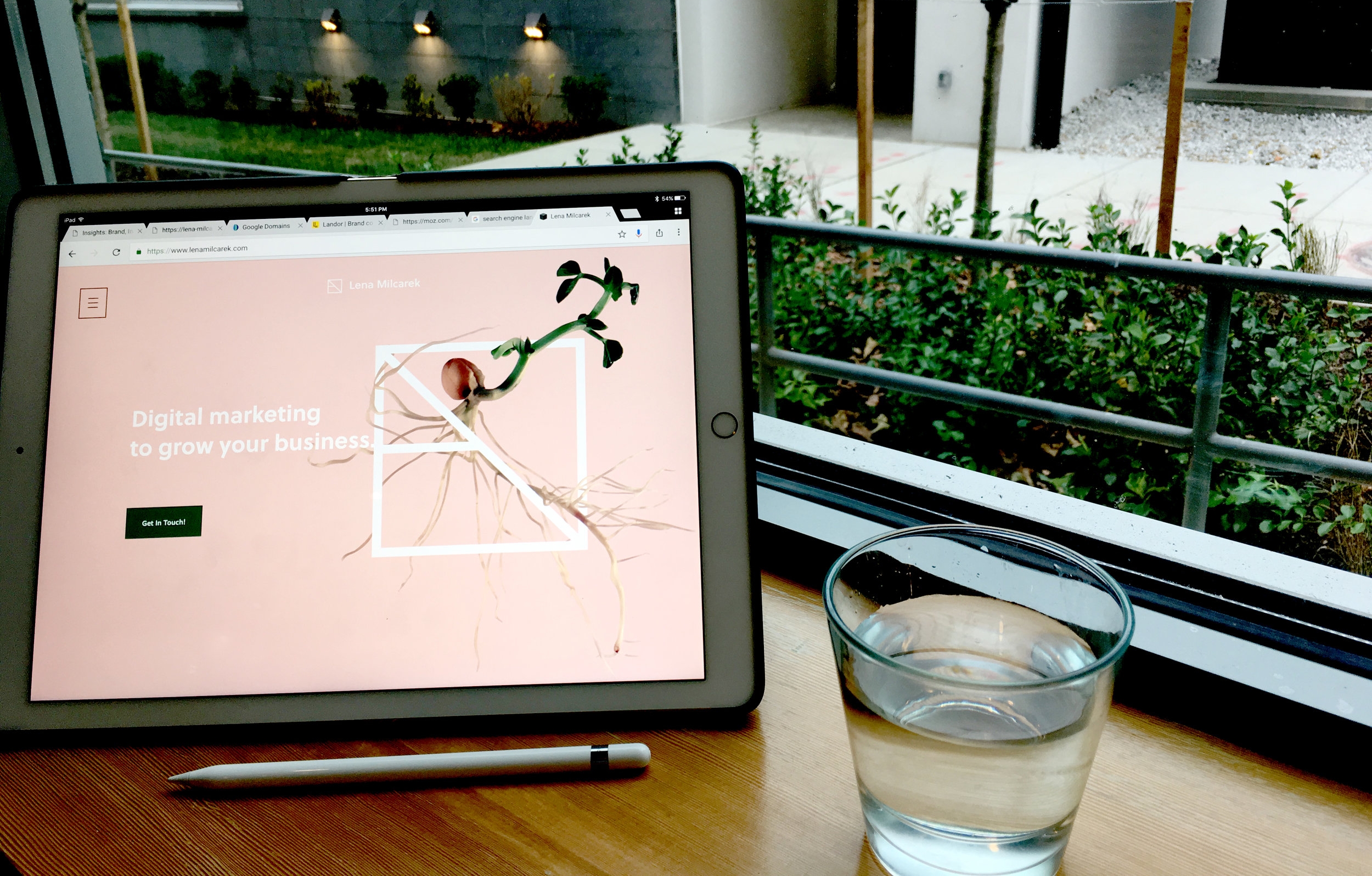1. Immerse yourself in the (mostly) free marketing resources out there
Majority of the digital marketing I do now was not taught to me in college. As I began searching for jobs – there were patterns in skills that the positions and companies I was interested in wanted: SEM, SEO, Analytics. I knew I needed to adapt to these skill sets and went searching for resources.
Luckily, so there is a wealth of information digital marketing available online for free – you just have to make the time. There are countless digital marketing whitepapers and guides on SEM, SEO (Actually Moz has an entire SEO learning center), Optimization, Analytics as well as full courses direct from Google: Adwords and Analytics. I can also vouch for the value you get from purchasing cardinal path’s in person Adwords and Analytics seminars. I love code academy and they offer free courses on HTML/CSS and data science that are immersive as well as many others. You can also read industry blogs to stay on top of the latest news, trends and strategies.
2. Say yes to potential freelance projects and ease into it
Although this is seemingly obvious advice, it is a big step to be paid for freelance work. If paid work doesn’t come along, offer your services for free or for barter. Getting some testimonials is a huge value and can speed up the time to paid freelance work. Always make sure you are taking something away from the project: be it experience, a testimonial, or money.
Like many college graduates, I needed to quickly get “years of experience” under my belt. Freelance provided a way me to double-down on time learning the trade, gain some side income, and absorb marketable skills.
3. Mitigate risk before taking the consulting leap
Tim Ferris: many successful entrepreneurs “are in fact expert risk mitigators … work on your company - evenings and weekends. And if you're not willing to do that, you shouldn't be an entrepreneur."
I spent 5 years doing consulting jobs on the side before I quit my 9-5 job at a software company this year. During those 5 years I would come home from work and then put time into my side hustles and projects with friends. I learned how to work directly with clients, invoice and build an offering. That understanding was critical when it came to considering options when going to full-time consulting.
4. Seek advice from freelancers, mentors, coworkers, and lawyers
Taking consultation from other experts with unique perspective is immeasurably valuable. Not only does it help you solidify and verbalize your plan but you can learn from their experience and expertise. People love to help if you simply open the conversation.
According to Harvard Business Review “Those who are truly open to guidance (and not just looking for validation) develop better solutions to problems than they would have on their own.” You should seek advice from: “people who care about you, people with clear expertise, and people who use your services.”
5. Embrace the unknown
All the planning, advice, and forecasting can never give the full picture of what working for yourself will be like. Honestly, after I released the initial anxiety of not a having a ‘regular day’ it soon became something that I embraced. Things change rapidly - clients will come and go - there will be ebb and flow of work volume – and if you have the right attitude about the unknown you can also celebrate it.





